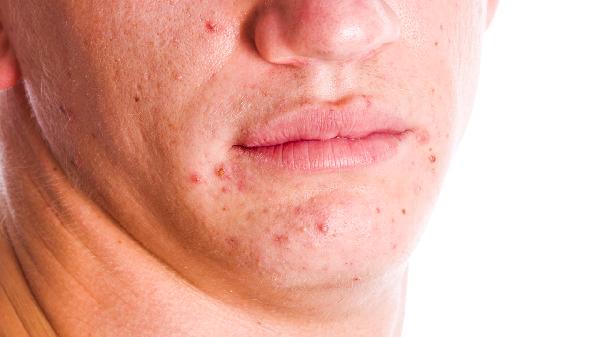People with allergic constitutions are like a group of "picky" gourmets, where a slight oversight can make their bodies "throw a tantrum." For them, eating is not just about enjoyment, but also a carefully planned "minefield avoidance" operation. So, what dietary taboos do people with allergic constitutions have? Let’s dive in and find out.

1. Avoid High-Allergen Foods
High-allergen foods are the number one enemy for people with allergic constitutions. Common examples include peanuts, nuts, eggs, milk, and seafood. These foods contain specific proteins that can trigger an overreaction of the immune system, leading to allergic symptoms. Therefore, people with allergic constitutions should avoid these foods in daily life or be extra cautious when choosing them.
2. Pay Attention to Food Additives
Food additives are ubiquitous in modern food processing, but for people with allergic constitutions, certain additives can become triggers for allergies. For example, artificial colors, preservatives, and flavor enhancers. These chemicals may stimulate the immune system and cause allergic reactions. Therefore, when selecting food, opt for natural, additive-free products.
3. Be Cautious When Trying New Foods
For people with allergic constitutions, trying new foods is like an adventure. Since it’s impossible to predict whether a new food will cause an allergic reaction, they should start with small amounts and observe their body’s response. If any discomfort occurs, stop eating immediately and consult a doctor.
4. Watch Out for Cross-Reactivity
Cross-reactivity means that someone allergic to a certain food may also have allergic reactions to related foods. For example, someone allergic to peanuts may also be allergic to legumes and nuts. Therefore, understanding your allergens and being mindful of related foods is an important strategy to avoid allergies.
5. Maintain a Balanced Diet
Although people with allergic constitutions need to avoid certain foods, maintaining a balanced diet is equally important. Ensure adequate intake of protein, vitamins, and minerals to support normal bodily functions. You can replace high-allergen foods with other safe options, such as using soy products instead of milk or chicken instead of seafood.
6. Consider Food Cooking Methods
The way food is cooked can also affect its allergenicity. For example, some foods may cause allergies when eaten raw, but their allergenicity may decrease after cooking. Therefore, people with allergic constitutions can try different cooking methods, such as boiling or baking, to reduce the risk of allergies.
7. Regularly Undergo Allergy Testing
People with allergic constitutions should regularly undergo allergy testing to stay updated on changes in their allergens. Over time and with environmental changes, allergens may shift, so regular testing can help adjust dietary strategies and avoid unnecessary allergic reactions.
The dietary taboos for people with allergic constitutions may seem cumbersome, but with the right methods, we can enjoy food while avoiding physical discomfort. Remember, understanding your allergens, choosing safe foods, and maintaining a balanced diet are key to healthy eating for people with allergic constitutions. Let’s use wisdom and care to create an allergy-free culinary world!
























